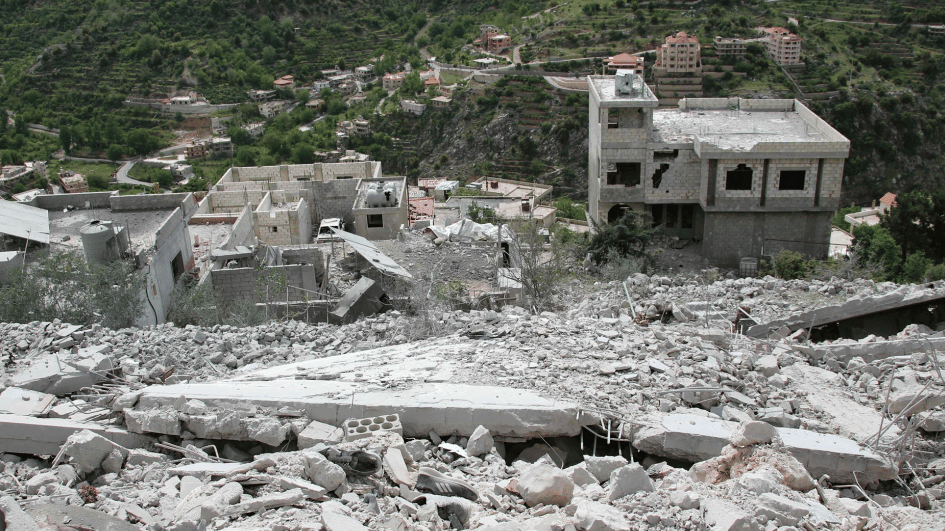As Turkey launches a new legislative year...
The Turkish Parliament convened yesterday for the beginning of the new legislative year after around three months of recess. This also marks the return of hard politics and the end of the long summer for politicians who spent time in their constituencies. A heavy and intense agenda awaits them.
The already polarized Turkish politics is functioning on the forms of two major political alliances: The People’s Alliance comprising the ruling Justice and Development Party (AKP) and the Nationalist Movement Party (MHP) on the one side, and the Nation Alliance comprising the Republican People’s Party (CHP), the İYİ (Good) Party, the Felicity Party and the Democrat Party on the other. Two oppositional parties, the Progress and Development Party (DEVA) and the Future Party (FP) are also acting with the Nation Alliance.
This decisive split in the political composition leads to unquestionable disagreements about what should be the main agenda of the country. For the People’s Alliance, a brand new civilian constitution should be Turkey’s priority to crown the centennial of the Turkish Republic in 2023. The AKP and MHP have already announced that they have concluded their individual drafts and will start technical studies on how to make them into a single blueprint.
For the opposition, however, the constitution should be amended in a way to abandon the existing executive-presidential system and replace it with what they call a strengthened parliamentary system. Any constitutional amendment that does not address this will not be endorsed, as announced by the Nation Alliance many times.
The Nation Alliance, plus the DEVA and the FP, will come together at the parliament on Oct. 5 to discuss the principles of transition from the current system to the strengthened parliamentary system. In case an agreement is reached, they will publicize them from the parliament on the same day.
That highlights the first layer of the disagreement between the two camps. President Recep Tayyip Erdoğan, in a recent interview, dismissed the claims that his government might fine-tune the current system by strengthening some powers of the parliament, stressing they were satisfied with the implementation of the executive-presidential model. This statement came after the rumors suggesting that government might think to reverse the current system, which requires 50 percent of the votes for him to be reelected in the next polls.
Another important agenda the politics will raise will be amending the Election Law and Law on Political Parties. The AKP and the MHP declared that they agreed to lower the election threshold to 7 percent but they are far from compromising over the remaining articles of the law, such as the redesign of the electoral districts.
There is no expectation that the two parties can introduce a joint bill on these two laws before the end of this year. Plus, Parliament Speaker Mustafa Şentop recalled that the deadline to amend these bills is June 2022, a year before the scheduled polls.
The third main agenda is related to the ongoing closure case against the Peoples’ Democratic Party (HDP). Although no immediate decision is looming, the case will continue to pose pressure on the party and the entire oppositional alliance. CHP leader Kemal Kılıçdaroğlu’s statement that a new effort to be launched at the parliament for the resolution of the Kurdish question should take the HDP as the main interlocutor has put the Kurdish party back to the core of the political considerations.
The HDP has announced its strategy at a meeting in the past week, leaving the doors open to supporting a joint candidate from the Nation Alliance, although it will not be a formal part of it. It seems to be related to Kılıçdaroğlu’s statement and İYİ Party chair Meral Akşener’s surprising move by suggesting that she won’t run for the president but the prime minister.
Consequently, the Nation Alliance’s internal debates about how to strategize the presidential and parliamentary elections and whether they will agree on a single candidate or all the parties will run independently in the first round will consist of another main agenda of the politics in the new term.
As can be seen, this legislative year will lead to many decisions that will have decisive effects on the pre-election campaign and thus the elections.











